Porsche is back at Le Mans. Words to savour, and to perhaps encourage several thousand racing enthusiasts to dig the tent out of the attic, dust off the English-French phrase book and convince themselves that they can make it to La Sarthe by Saturday lunchtime.
Of course, the Stuttgart manufacturer’s race-bred 911s are a staple in the Grand Touring classes, but this year there’s a brace of 919 Hybrid prototypes preparing to do battle with Toyota and Audi at the sharp end.
Porsche cannot return to the front quietly. It has won the race more times than anyone else – 16 in all – and that brings an enormous level of expectation. And there’s definitely no dampening down the excitement when its two warm-up races in the World Endurance Championship have yielded a podium finish and a pole position.
Central to that buzz is Mark Webber. After 14 seasons in Formula 1, he has joined Porsche’s assault on the world’s most famous endurance race.
“It’s certainly brewing up to be a pretty phenomenal race in terms of the battle at the front,” says Webber, who will share his 919 Hybrid with Brendon Hartley and Timo Bernhard in the big race.
He’s under no illusions that he and the team face a steep learning curve. Like everyone, Porsche has had a solitary test day to acclimatise, although the two cars – the second of which is driven by Romain Dumas, Neel Jani and Marc Lieb – ended that test encouragingly close to the pace.
“The two four-hour sessions were bloody crucial for us in terms of track time and we pretty much nailed it with both cars,” says Webber. “We completed more than 100 laps with each car, so that was a big box ticked, because we’re so low on experience going into the race.
“We gained experience of working with [tyre supplier] Michelin, working with Le Mans downforce levels, working out the compromises around the lap and what effect temperature fluctuations have – the kinds of things that our opponents already know.
Porsche has tailored its 919 Hybrid to cope with the specific demands of Le Mans, not least the bumps and ruts carved into the road by the heavy goods vehicles that pound it for 51 weeks of the year, the sustained full-throttle loads required for 70 per cent of each lap and the ‘heave anchor’ braking zones at Mulsanne Corner and Arnage.
“There’s no talk whatsoever about looking after the car too much,” says Webber. “World Endurance Championship events are 1000km sprint races and these days Le Mans is four of those races back to back.
"If you’re still in contention near the end of the race, there might be an element of pacing to hold position, but if there are places to be gained, the car will still need to perform at a high level. And the Porsche is great; the brakes, engine and gearbox are just amazing.
“Even if it remains dry, the track will change so much during the race. With the Michelin tyres, as the rubber gets laid down on the track, the grip keeps on improving. In recent years, with the Pirellis in F1, that never really happened because the tyres were ‘plastic’ and the rubber never went on to the track. Back in the old days of F1, we used to see the condition of the track really ramp up, changing the conditions and the balance of the car; that’s what’s happening in sportscars and I’m having to get used to it again.”

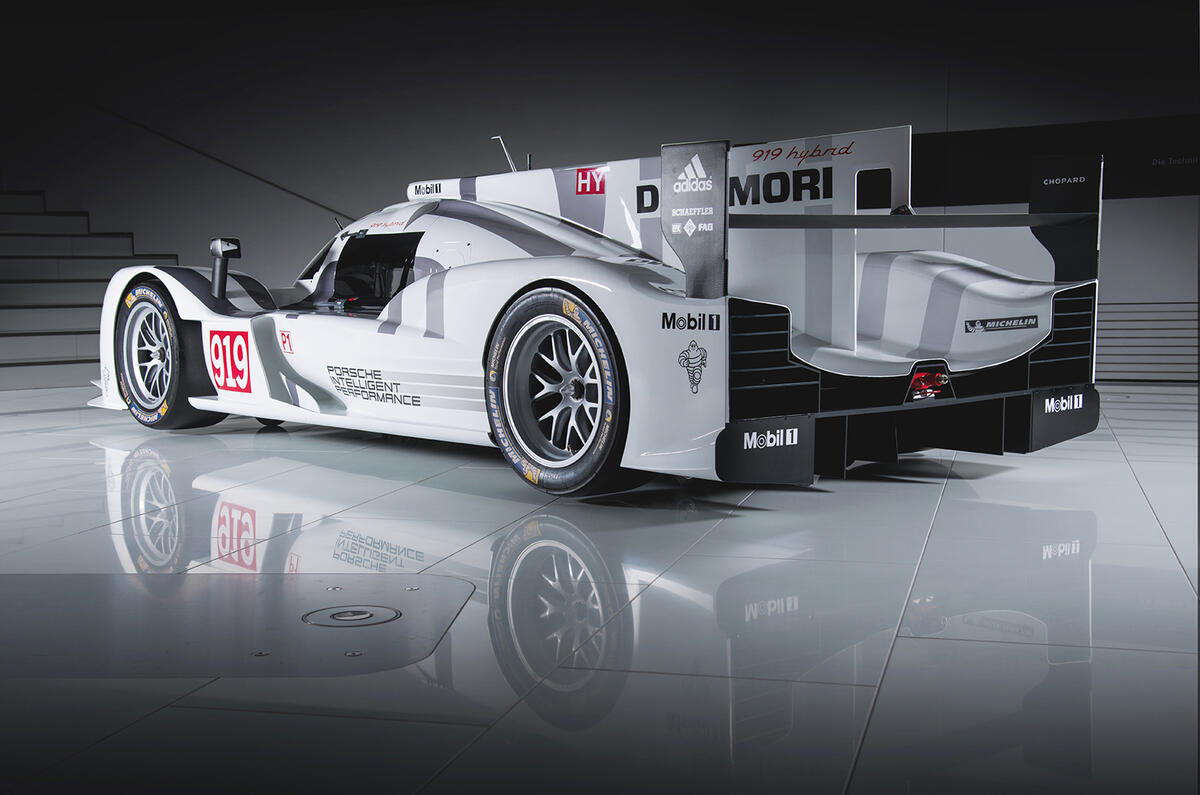
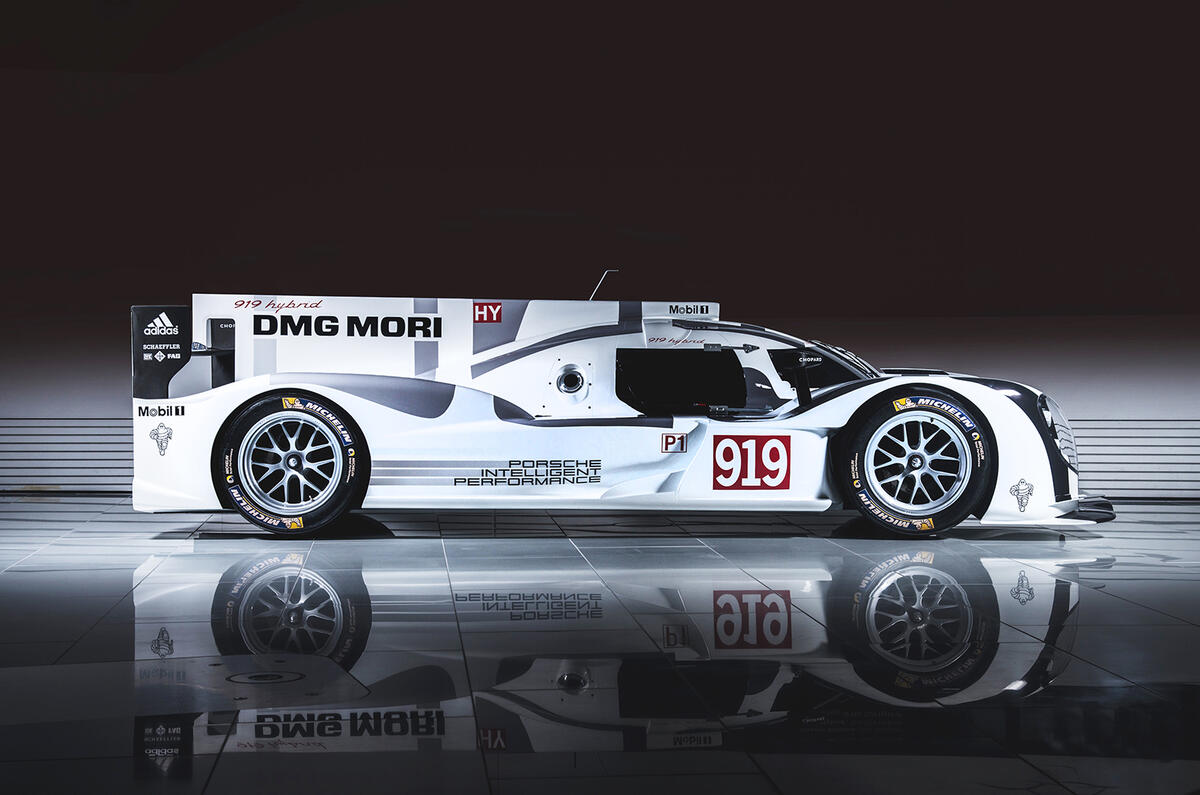
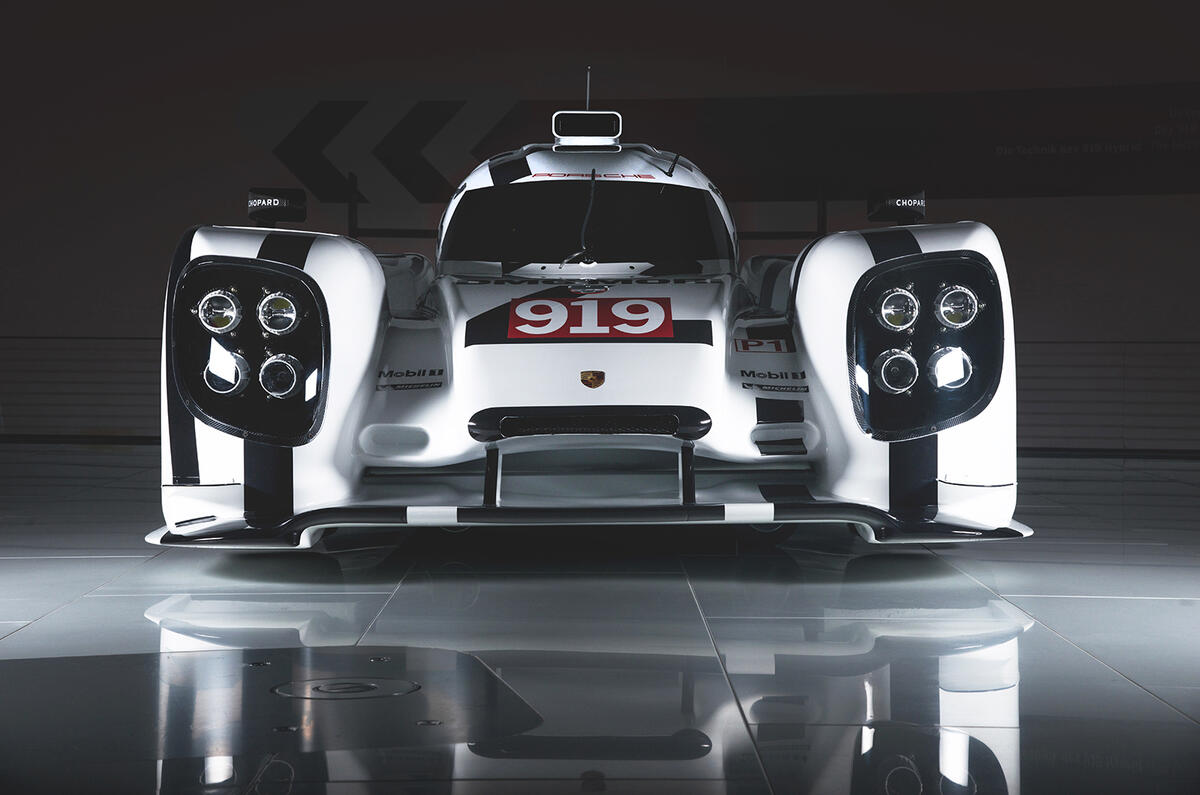
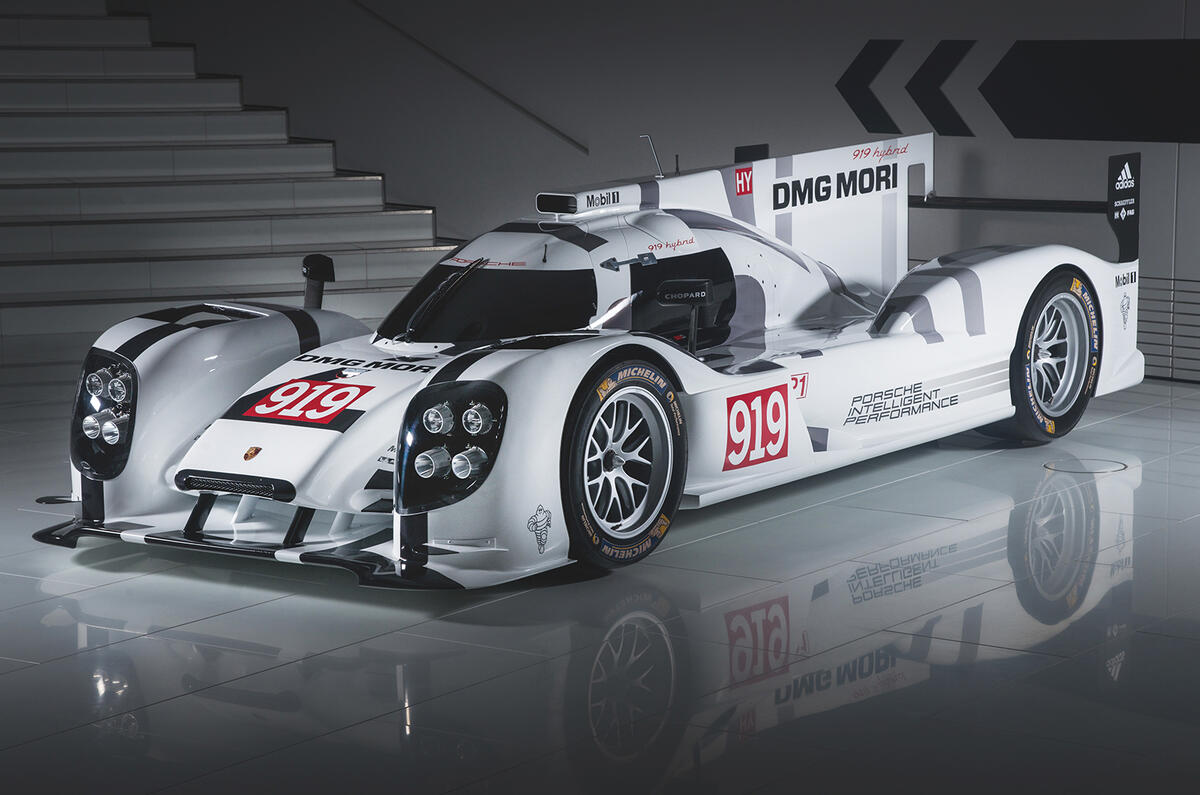
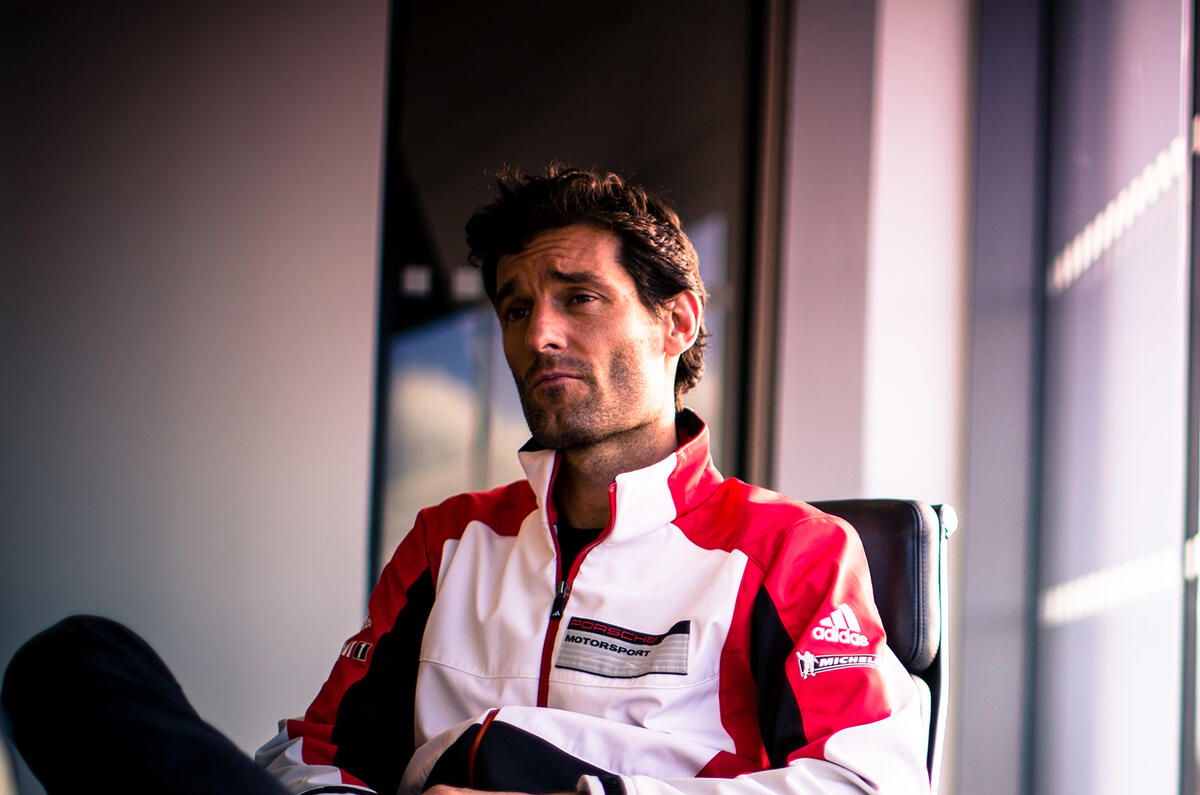
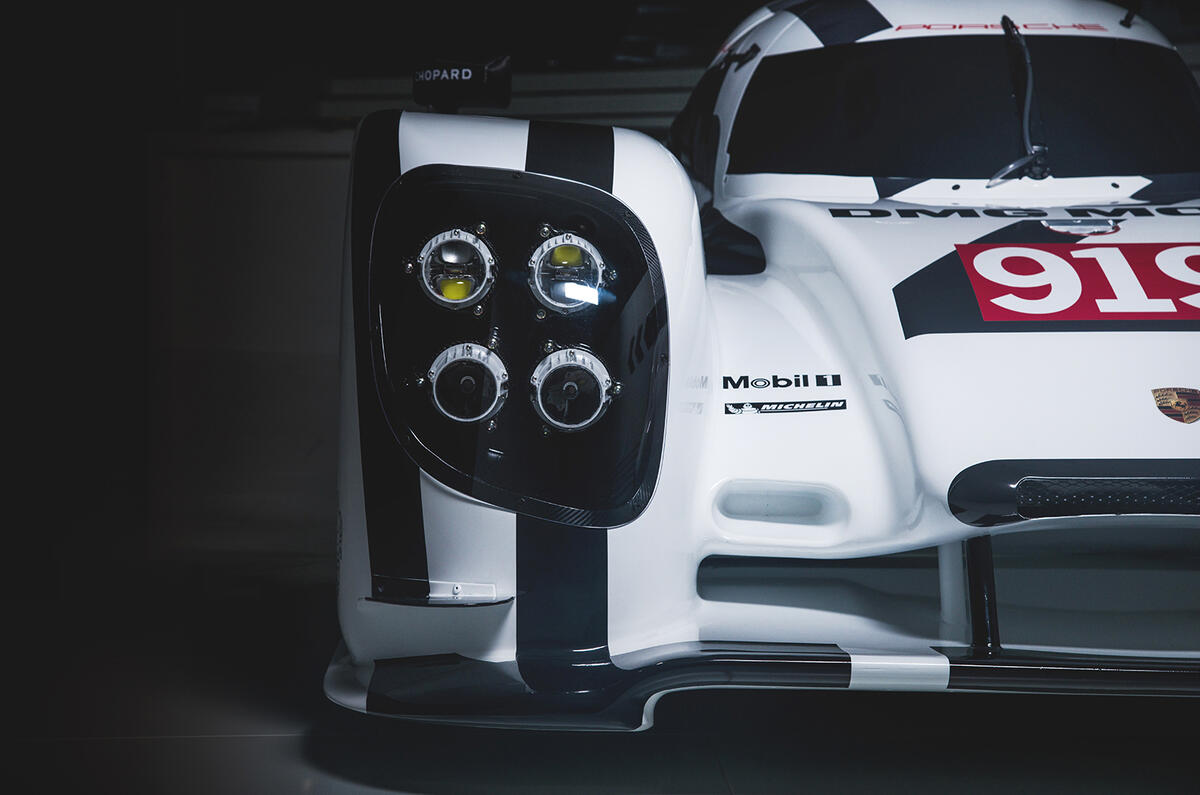
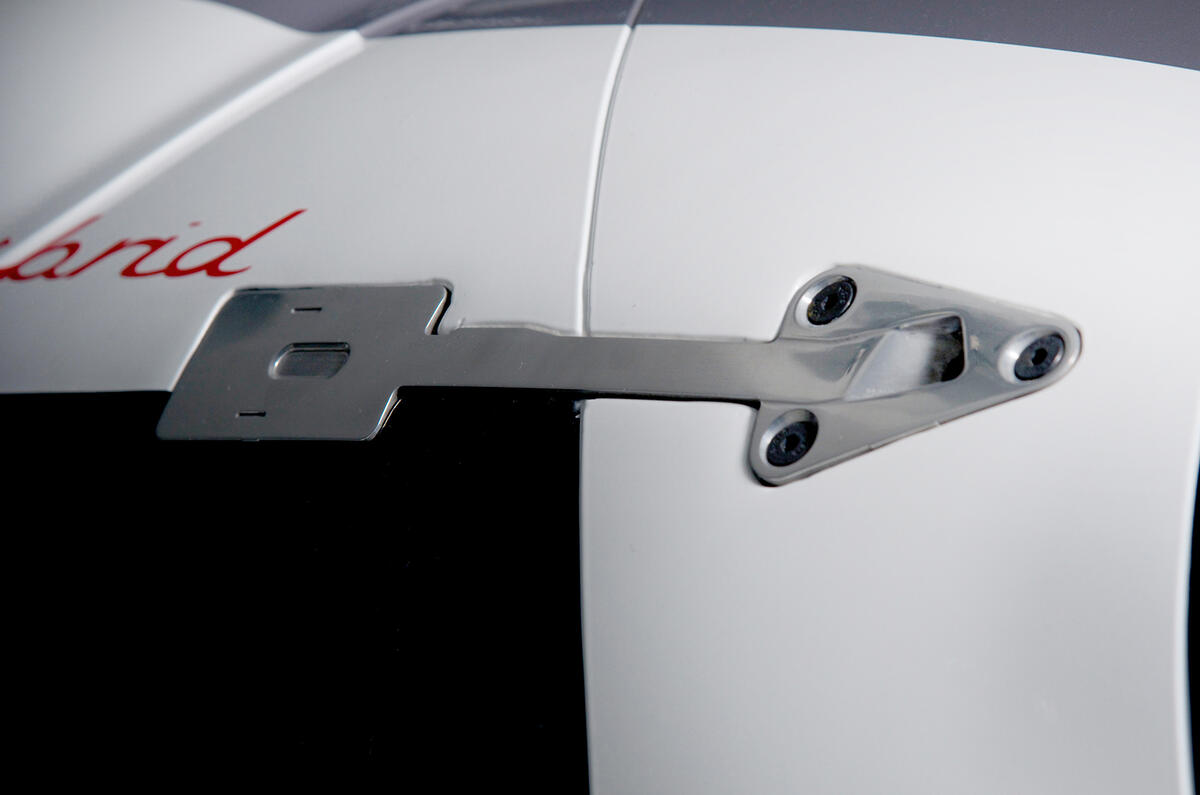
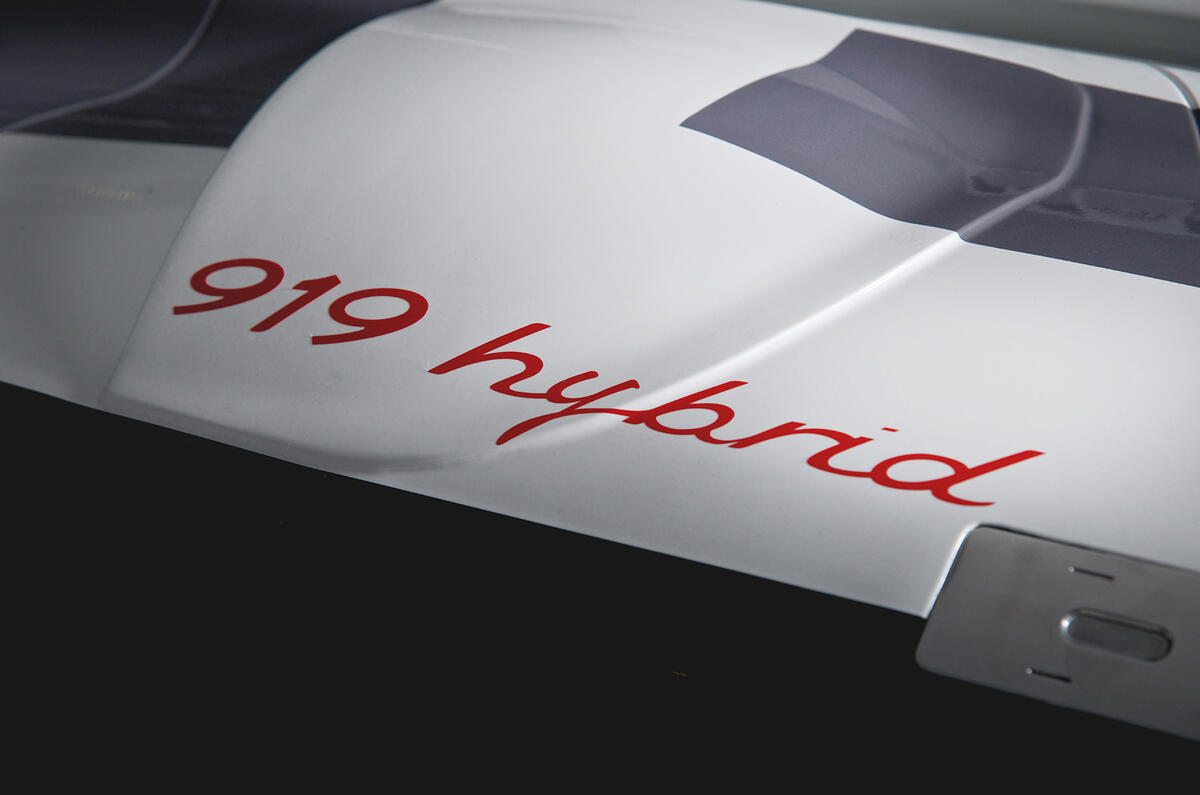
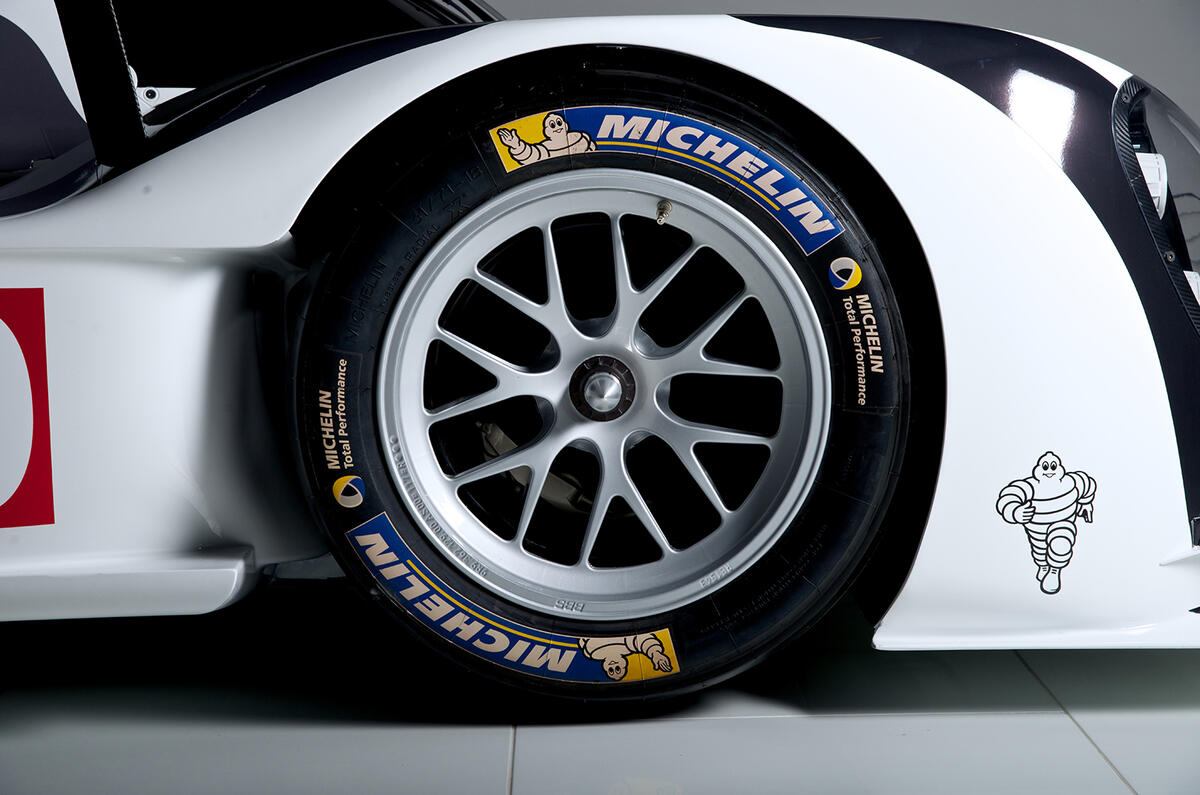
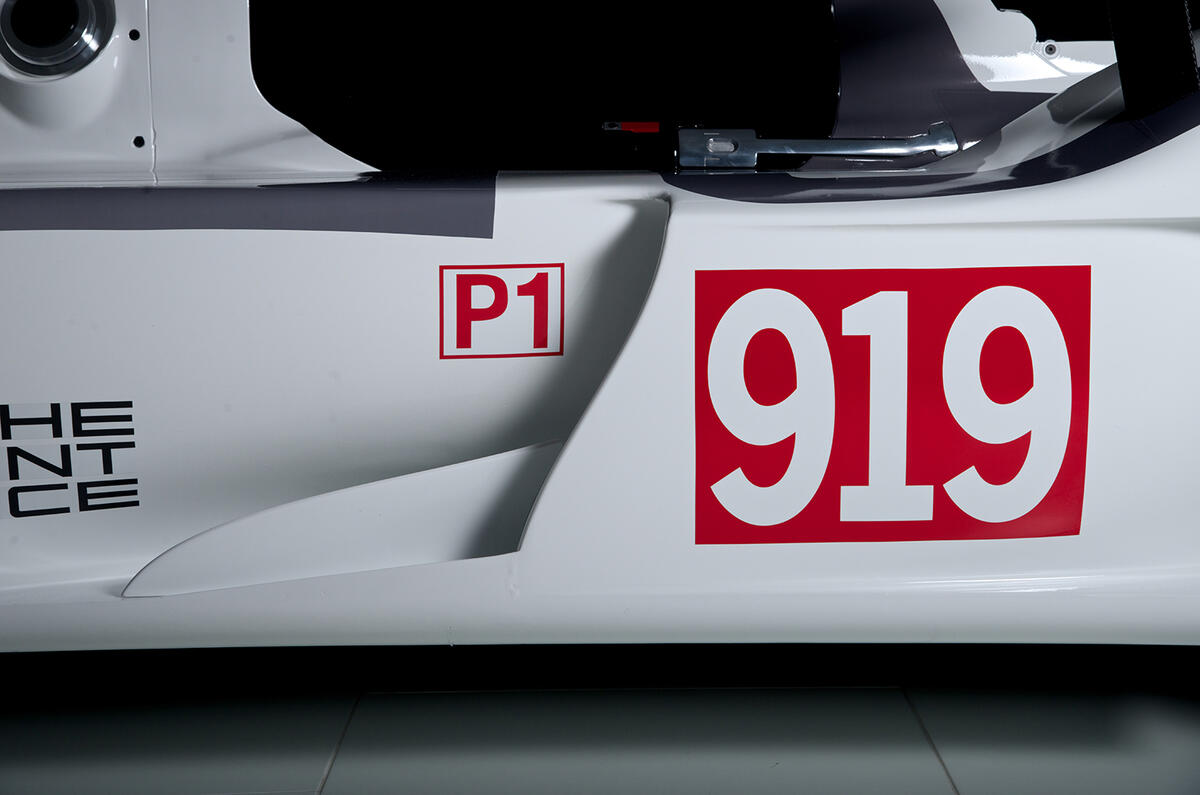
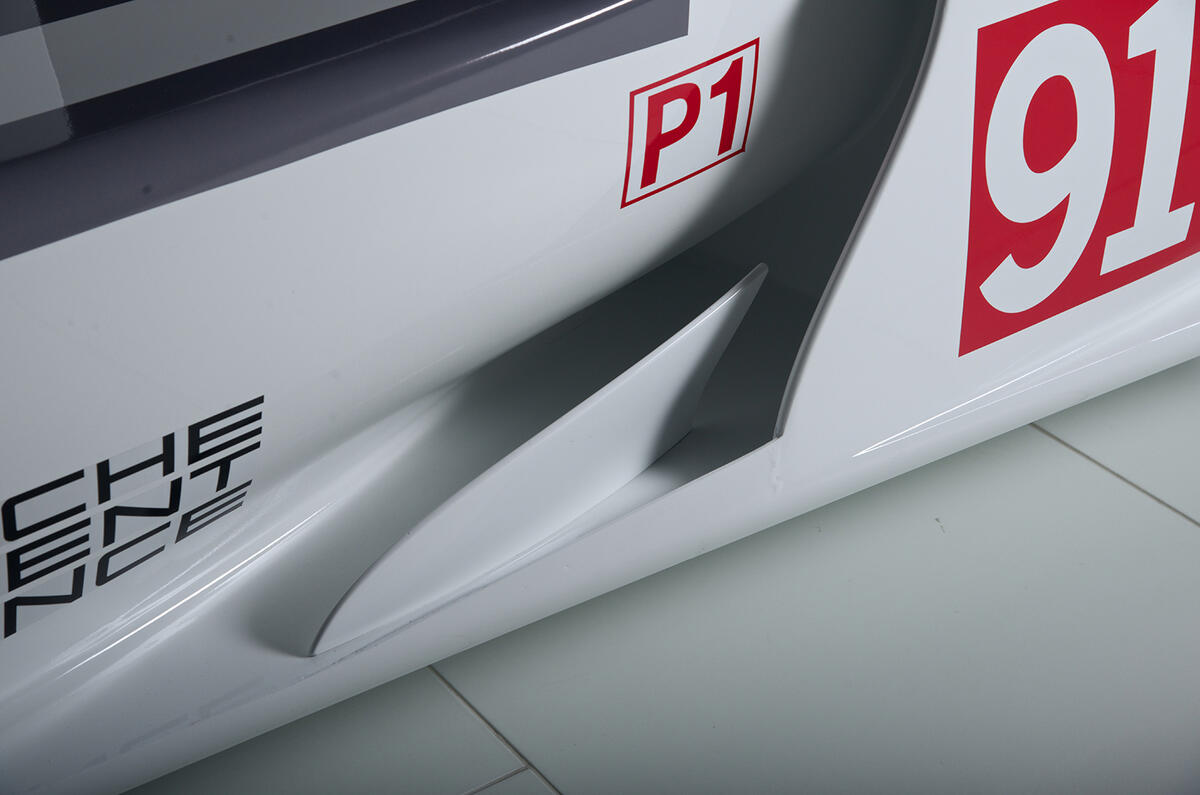
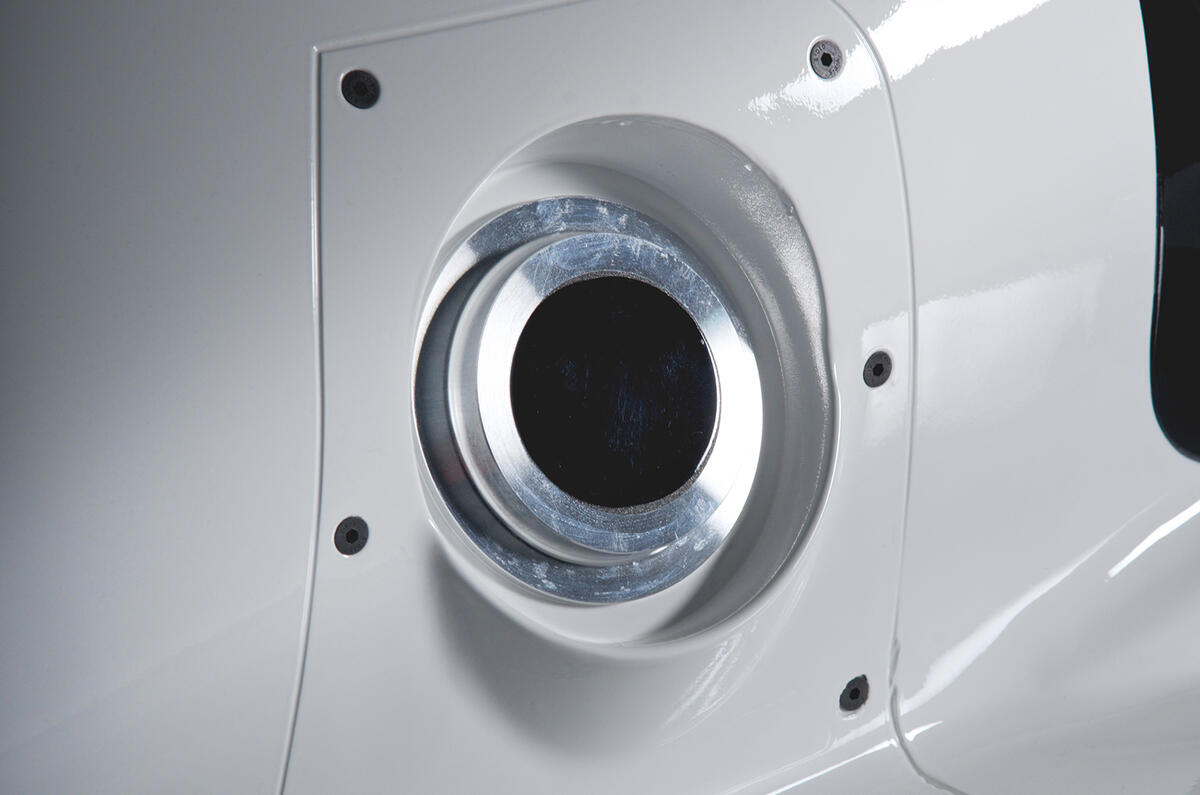
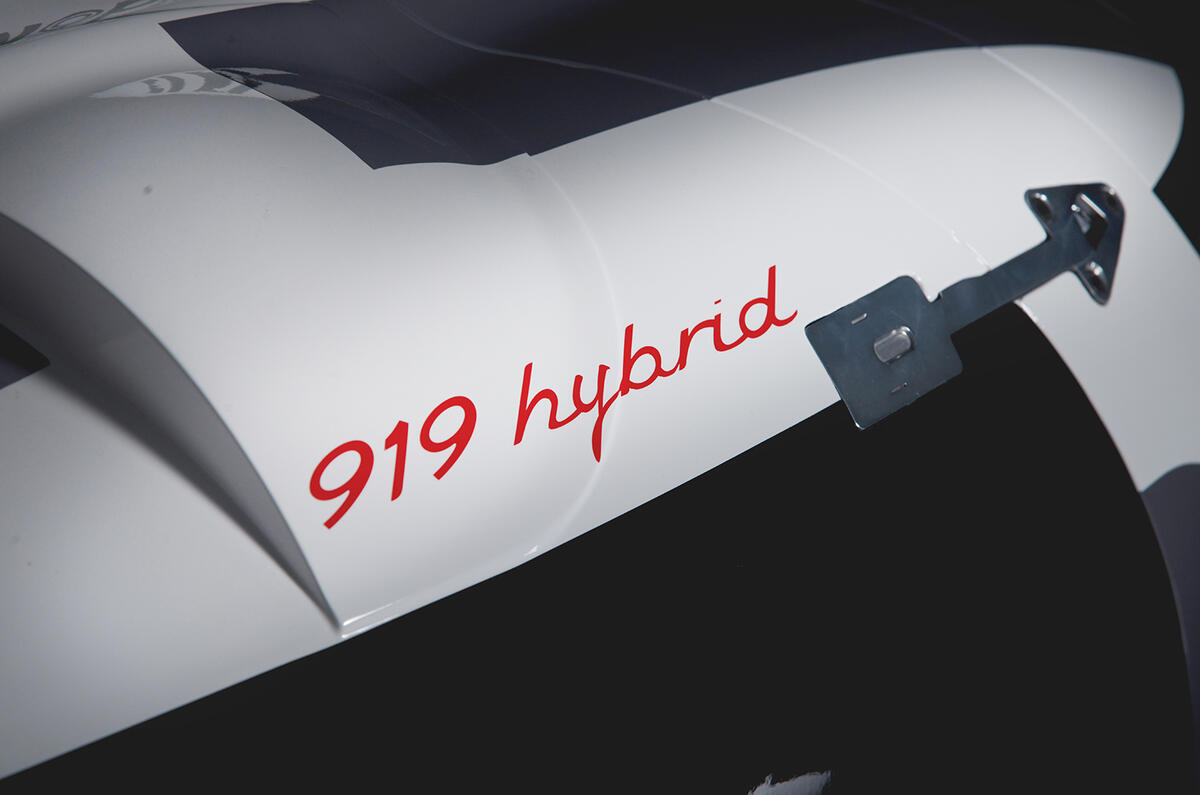
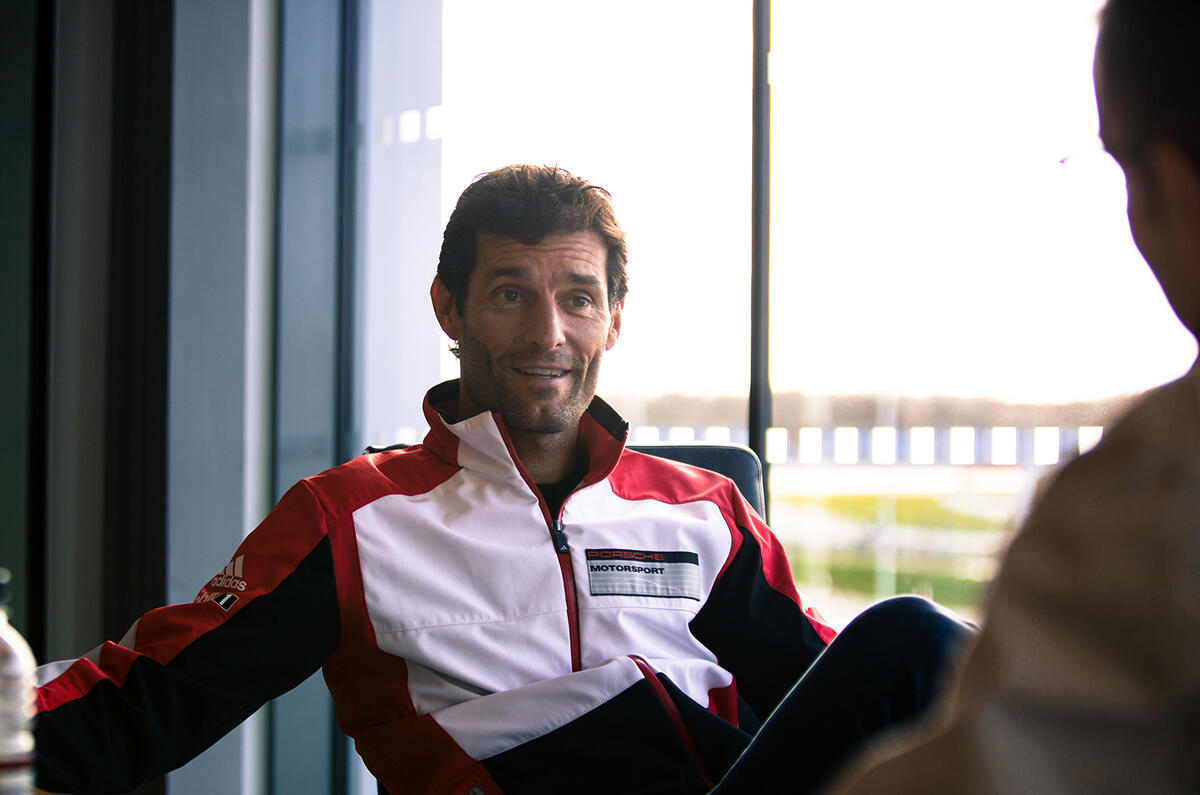
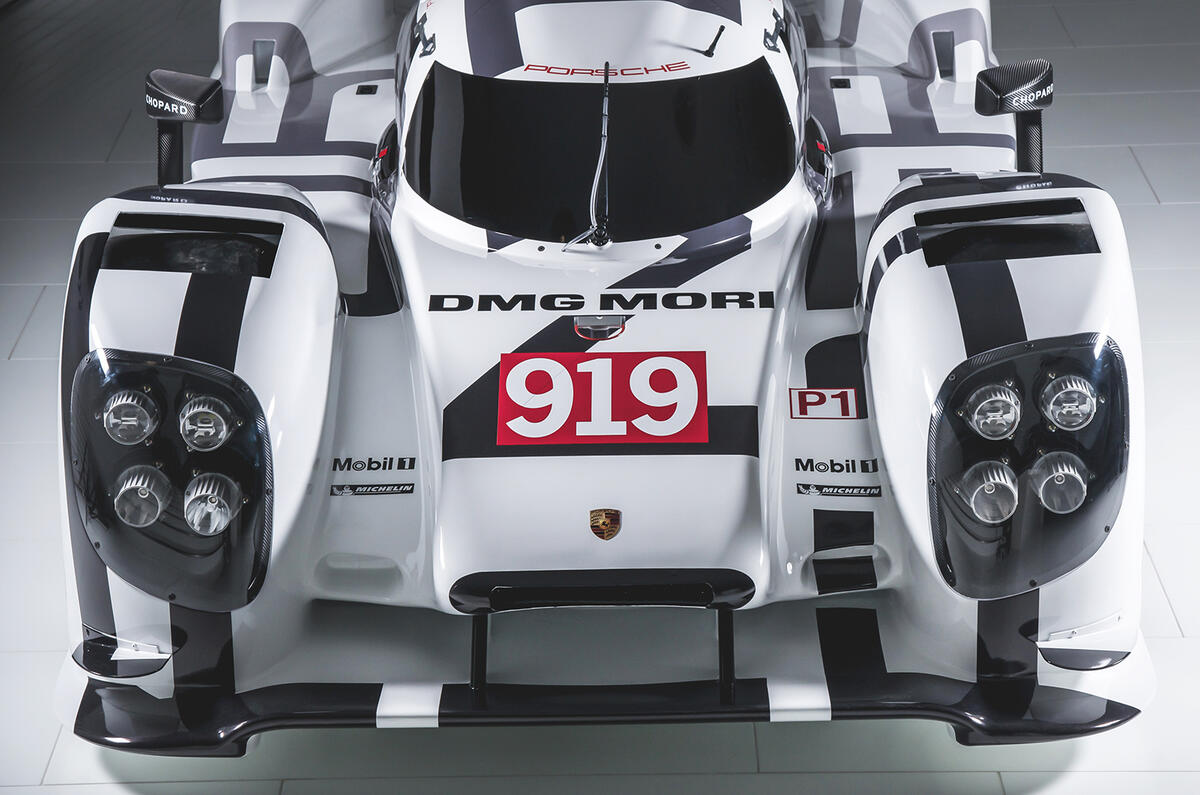
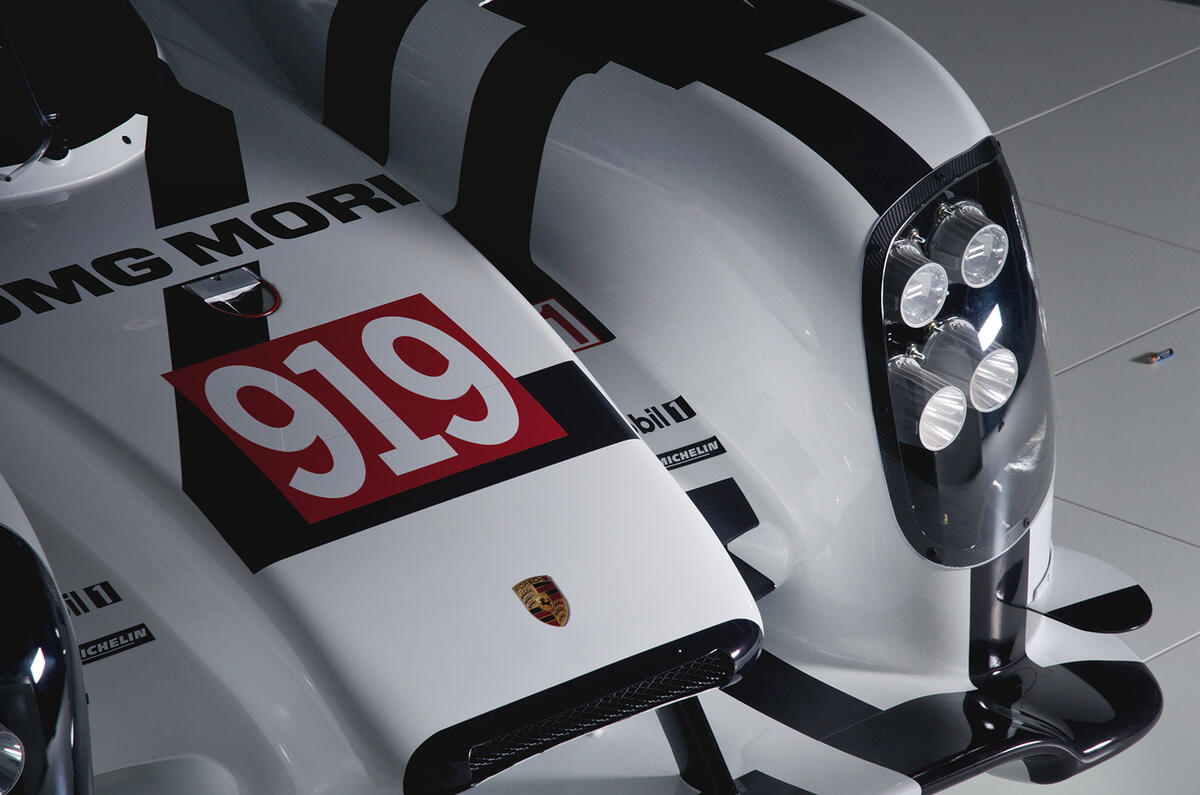
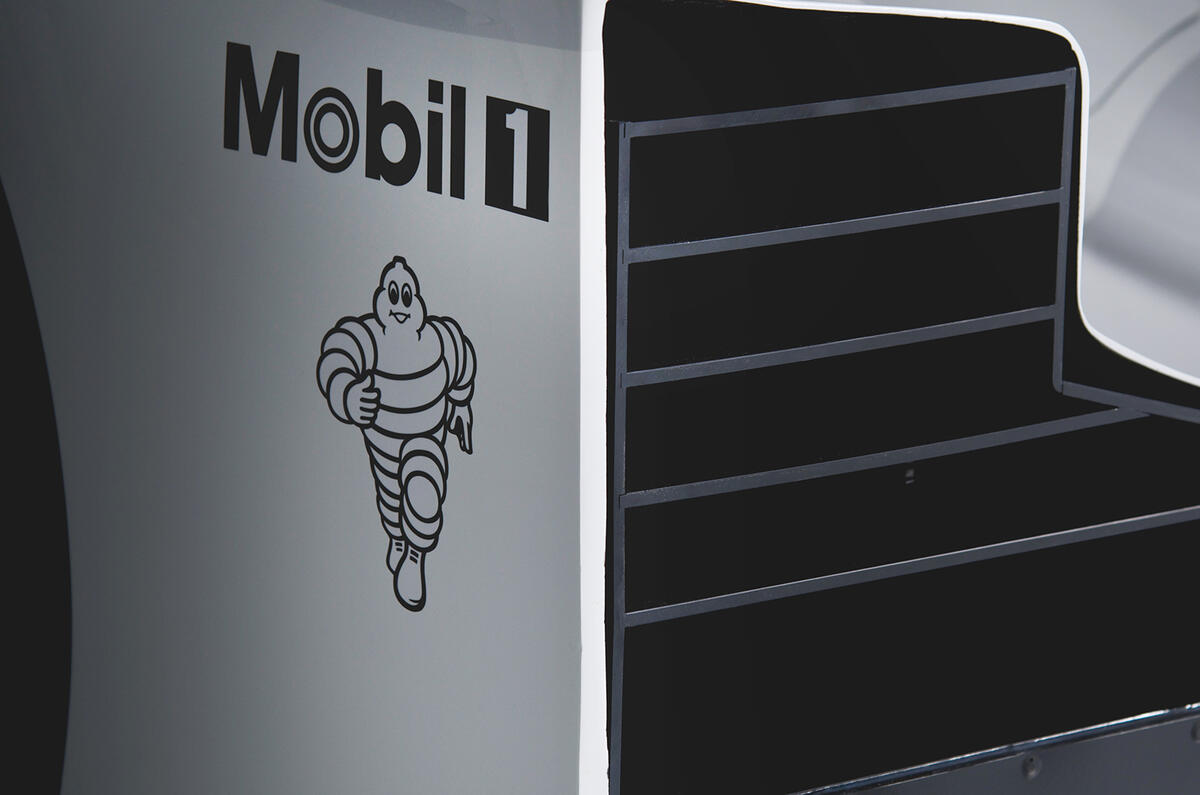
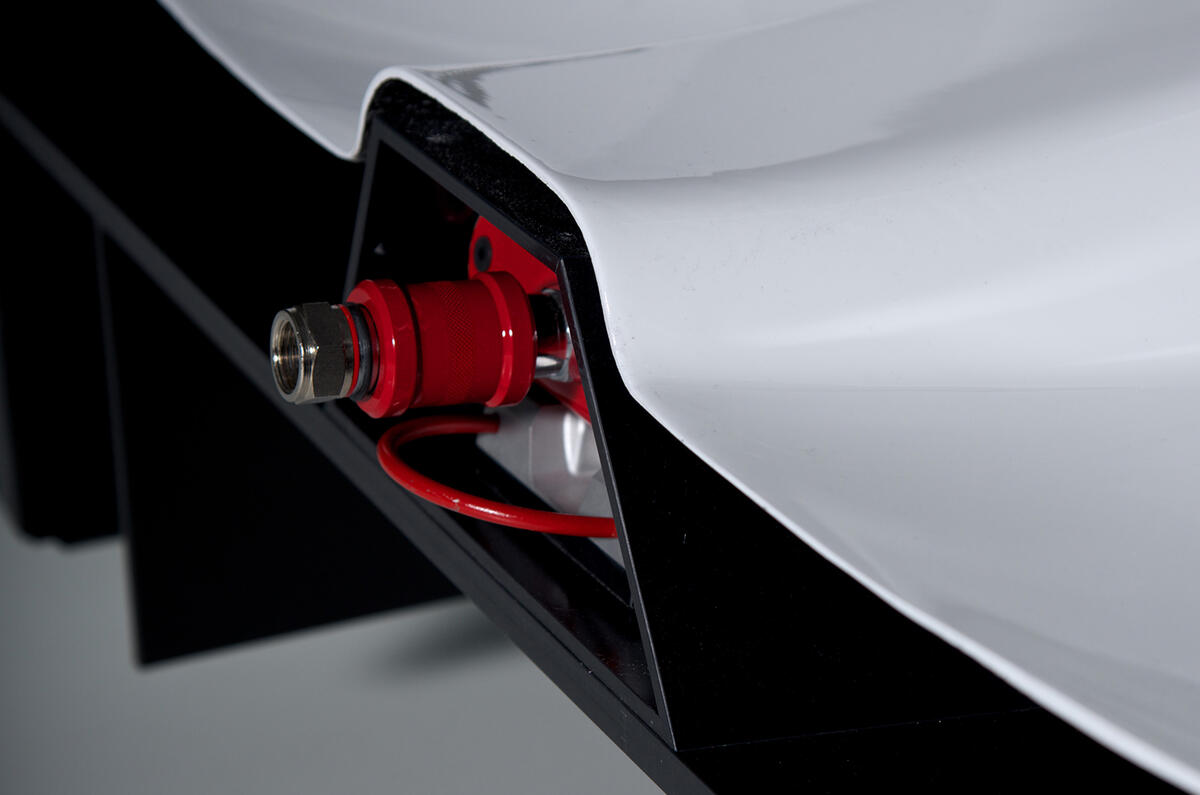
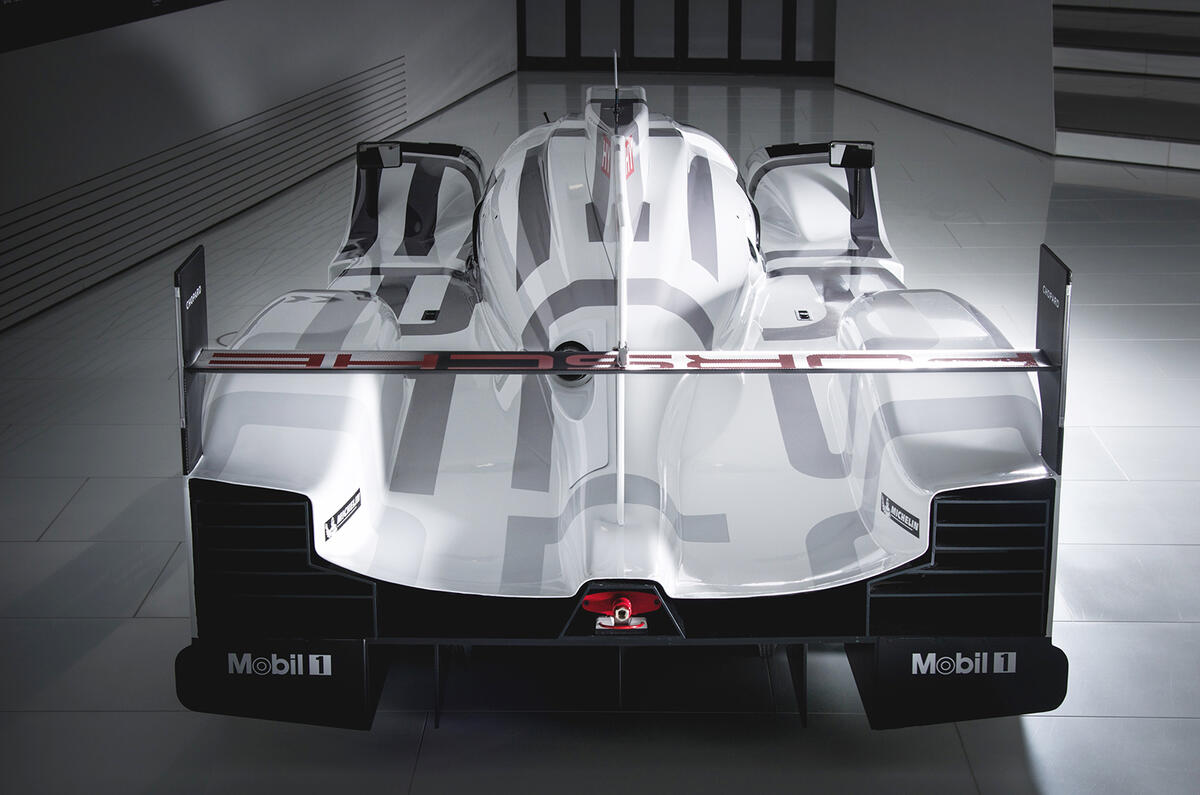
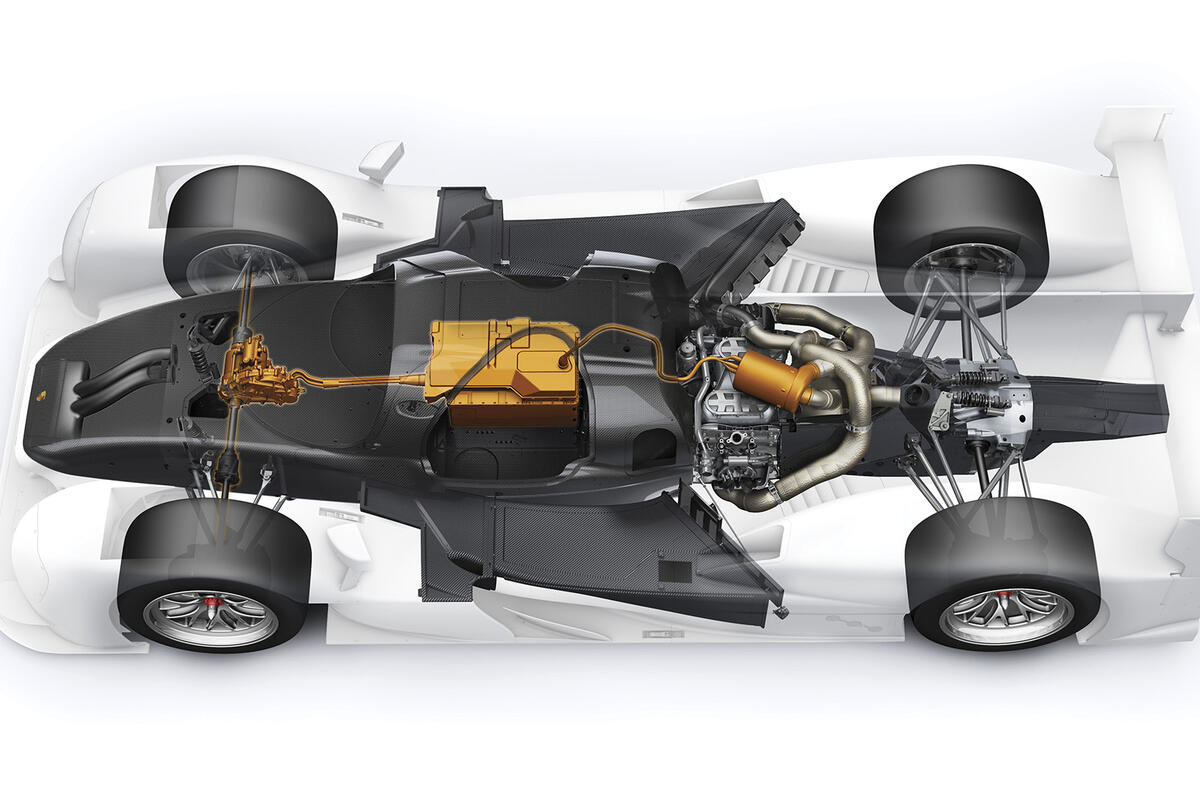
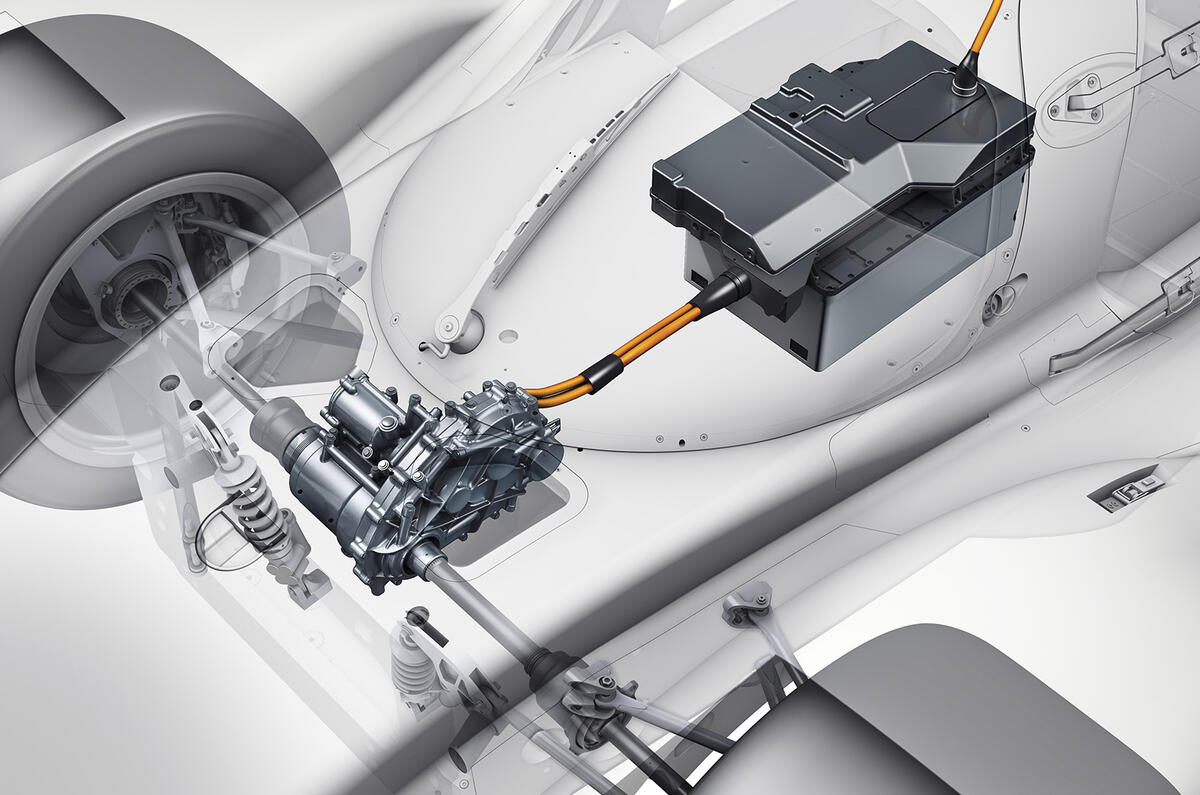
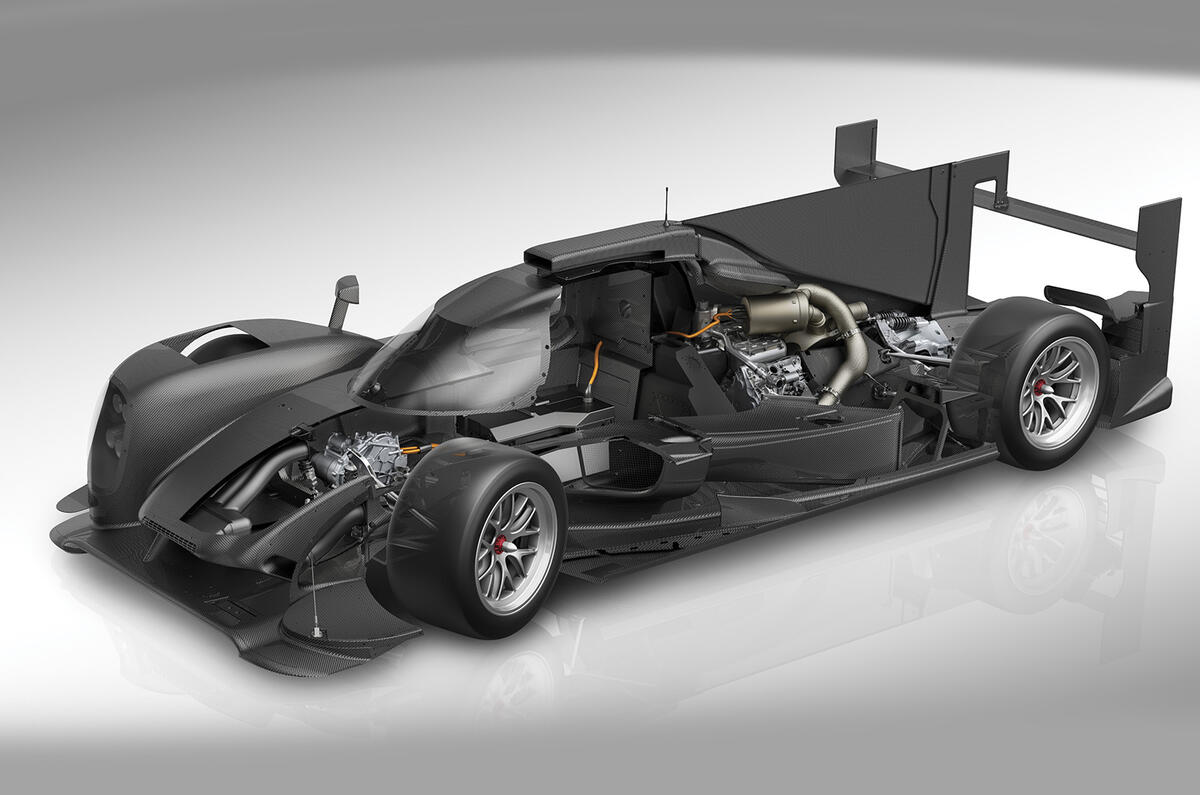
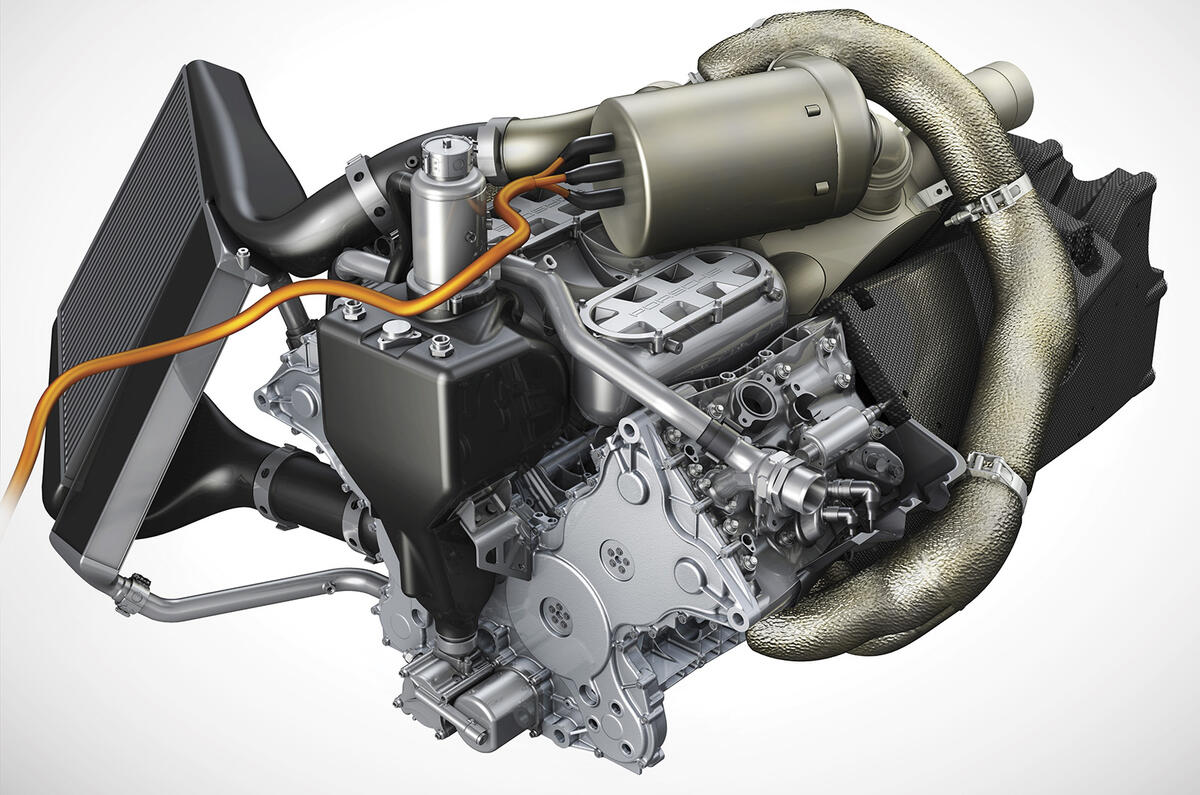
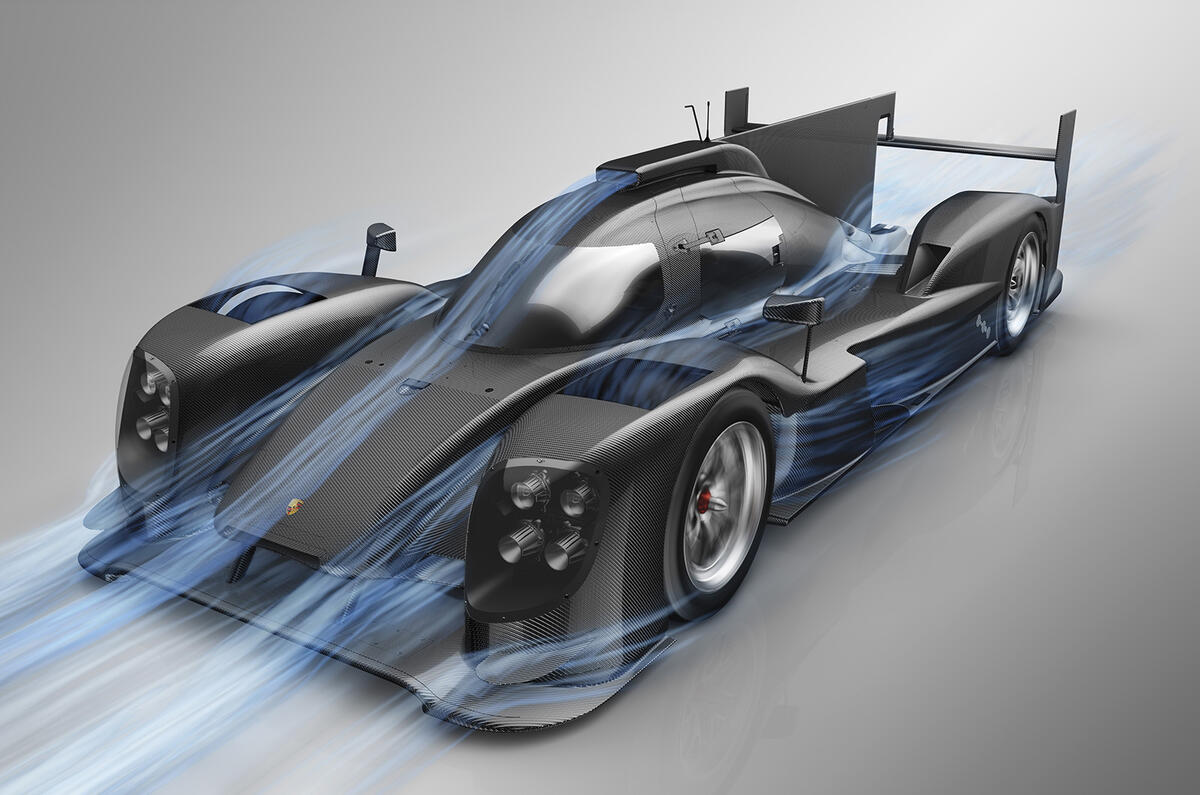
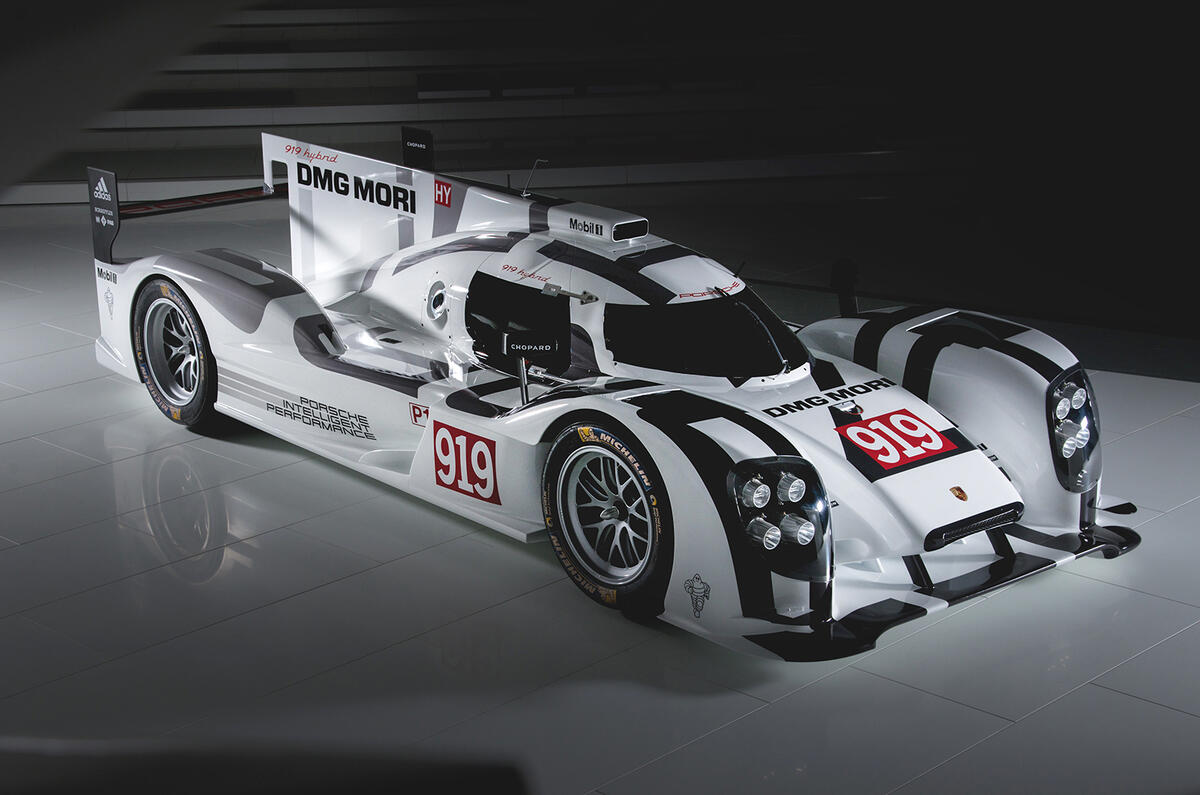
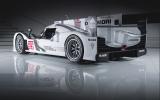

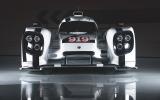
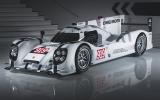


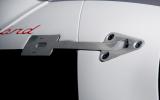

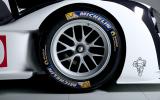

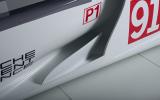
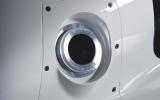



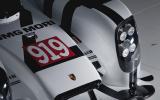
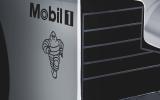
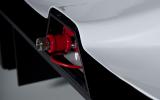
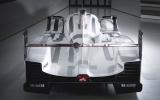
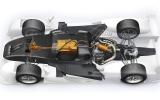
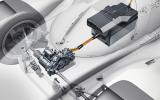
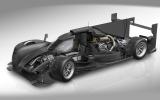
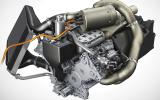

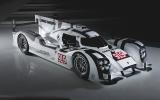


Join the debate
Add your comment
I have seen more beautiful
An impressive car especially
Roadster wrote:An impressive
Ha ha ha, you massive wanker. Please show your working out so we can ridicule you some more.
Bomb
Roadster wrote:An impressive
The Porsche 919, a purpose-built £2m+ racing car. A current top-level sport-prototype which is the most advanced type of racing car currently around and created to compete in the highest category of world sportscar racing. And you think that on slicks and possessing racing brakes a McLaren P1 would be quicker around Le Mans? Tell me, what medication have you been prescribed? Or is this just your anti-German/pro-British car rant taken to an entirely new level? The P1 may have more power, and its straight line speed may not be that much slower, but what you actually say is absurd. I must say that in the absence on any decent comedy on TV, your comments certainly do make up for that!